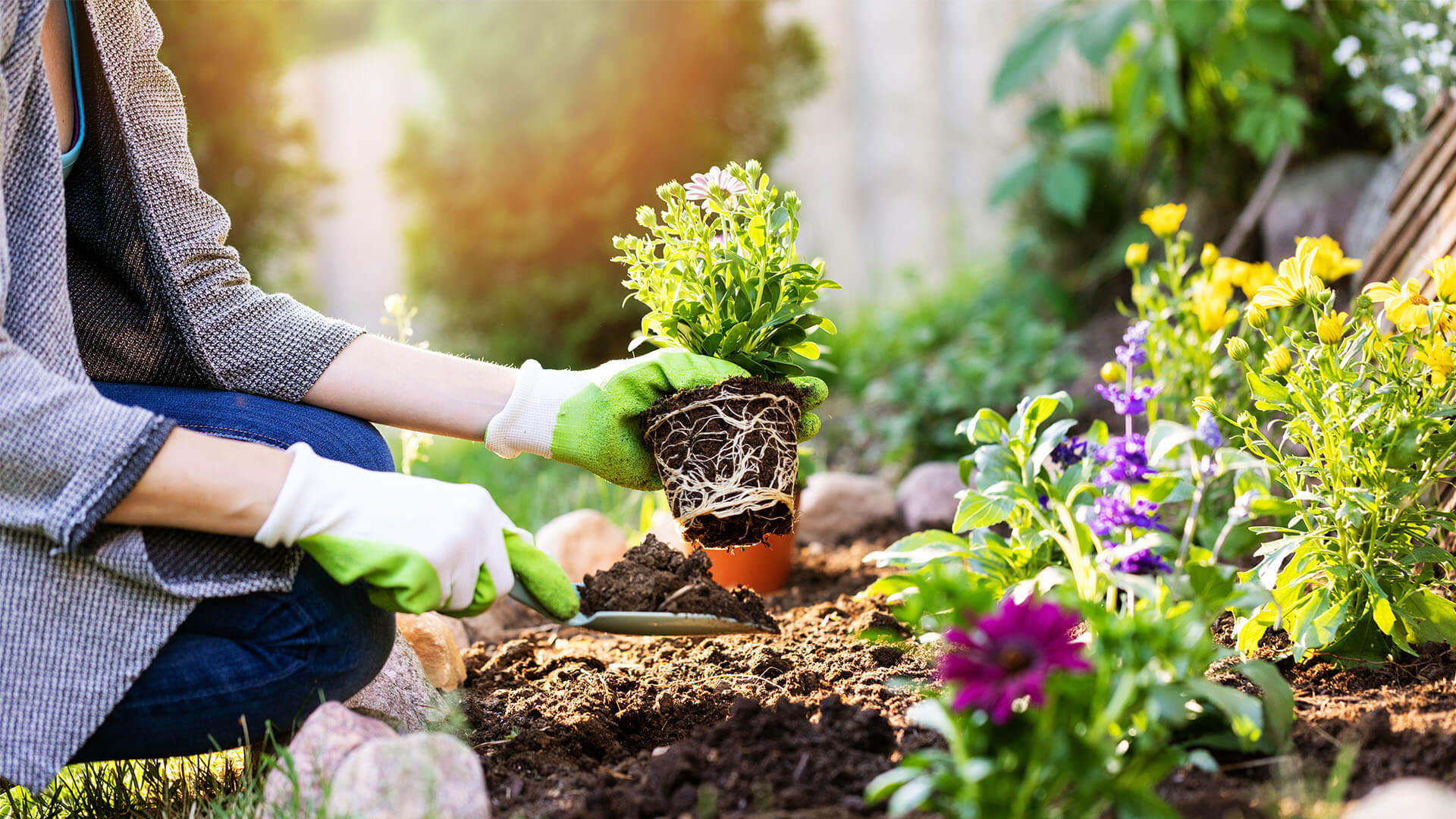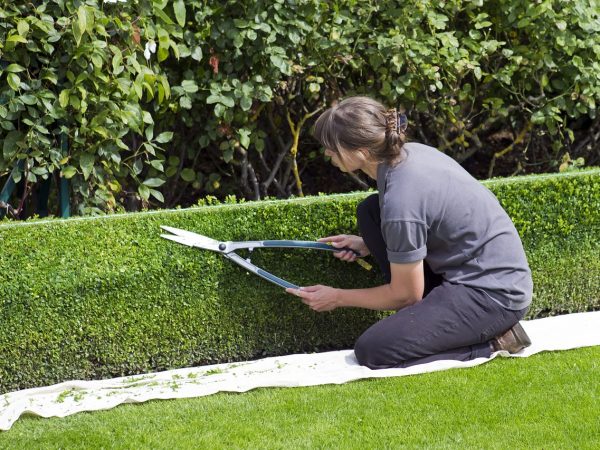Gardening: The Joy of Cultivating Nature’s Beauty
Gardening is the art of cultivating and growing plants for aesthetic, decorative, or practical purposes. A garden can take many forms, ranging from a small window box on a city balcony to a vast estate with winding paths and exotic specimens. But regardless of its size, a garden can provide a sanctuary from the stresses of everyday life, a place to reconnect with nature, and a source of pride and accomplishment.
The Benefits of Gardening
Gardening is more than just a hobby; it has many benefits for both the gardener and the environment. Here are some of the most significant benefits of gardening:
- Stress Relief: Gardening has been shown to have a calming effect on the mind and body. Spending time in nature and working with plants can help reduce stress levels and promote relaxation.
- Exercise: Gardening is a physical activity that can help improve strength, flexibility, and endurance. It’s a great way to stay active and healthy without going to the gym. Garden products
- Mental Stimulation: Gardening requires planning, problem-solving, and creativity, all of which can help keep the mind sharp and engaged.
- Environmental Benefits: Gardens can help improve air quality, reduce soil erosion, and provide habitat for wildlife. They can also help reduce the heat island effect in urban areas and improve overall biodiversity.
Types of Gardens
There are many different types of gardens, each with its own unique style and purpose. Here are some of the most popular types of gardens:
- Vegetable Gardens: Vegetable gardens are designed to grow vegetables and other edible plants. They can be small or large, and can be grown in containers, raised beds, or directly in the ground.
- Flower Gardens: Flower gardens are designed to showcase the beauty and color of flowers. They can be planted in a variety of patterns and arrangements, from wildflower meadows to formal rose gardens.
- Herb Gardens: Herb gardens are designed to grow herbs for culinary or medicinal purposes. They can be grown indoors or outdoors, and can include a variety of herbs such as basil, thyme, and mint.
- Water Gardens: Water gardens are designed to incorporate water features such as ponds, fountains, and waterfalls. They can be small or large, and can include aquatic plants and fish.
Tips for Starting a Garden
Starting a garden can be an exciting and rewarding experience. Here are some tips to help get you started:
- Start small: If you’re new to gardening, start with a small garden bed or container garden. You can always expand later if you find that you enjoy gardening.
- Choose the right plants: Choose plants that are well-suited to your climate and growing conditions. Consider factors such as sunlight, soil type, and water availability when selecting plants.
- Provide proper care: Plants need proper care to thrive. Make sure to water them regularly, fertilize as needed, and prune or deadhead as necessary.
- Enjoy the process: Gardening is a process, not a destination. Enjoy the process of watching your plants grow and change over time, and don’t get too hung up on perfection.
In Conclusion
Gardening is a wonderful way to connect with nature and cultivate beauty in your surroundings. Whether you’re a seasoned gardener or just starting out, there’s always something new to learn and discover in the world of gardening. So grab your trowel, put on your gardening gloves, and get ready to dig in!
This article is provided by https://www.gardenbuyer.co.uk/



